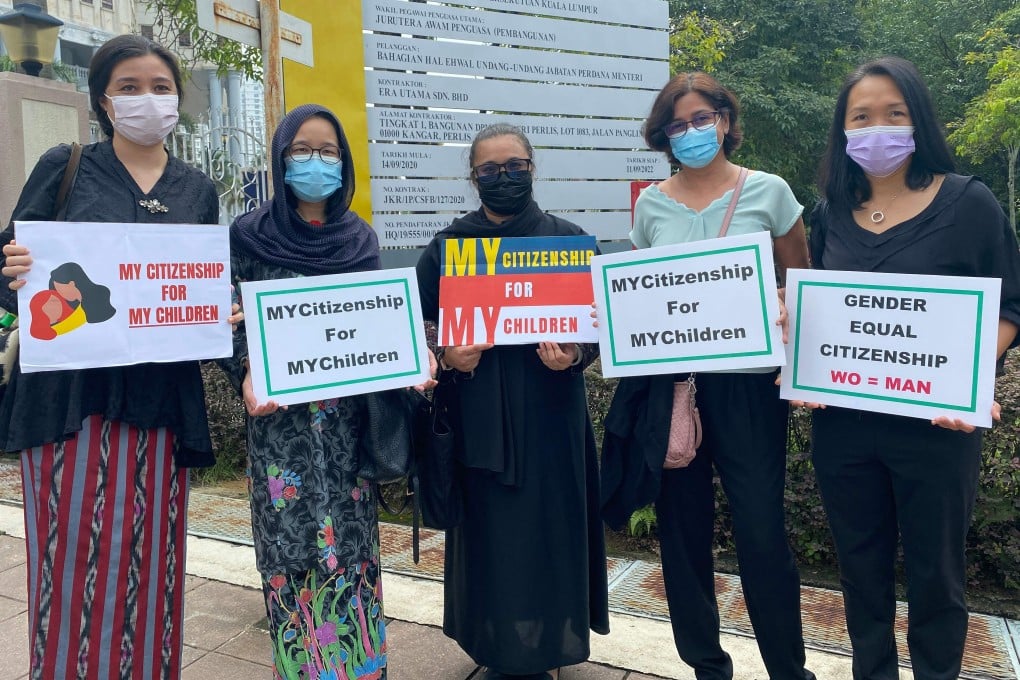Malaysian mums urge PM to take a stand as children’s citizenship continue being in limbo
- A group last week won a landmark legal fight to allow women to pass on their nationality to their children, in a move that was welcomed across the political spectrum
- But the battle is not over, after government officials appealed against the verdict, leaving parents and activists calling for PM Ismail Sabri to ‘do the right thing’

Former Malaysian squash champion Choong Wai Li and her husband, Irish national Ronan Collins, were over the moon when their first child was born in Hong Kong seven years ago.
They had decided their son would take his mother’s nationality, and immediately began preparing for the application via the city’s consulate.
Little did they know, what they thought would be at worst a dreary, albeit relatively quick process, would morph into a years-long struggle striking at the heart of the country’s citizenship laws.
“I [delivered] those documents with the naive understanding that within a matter of weeks or months, they would grant [him] Malaysian citizenship and a passport,” Collins told This Week in Asia.
Today, the status of the application remains in limbo.